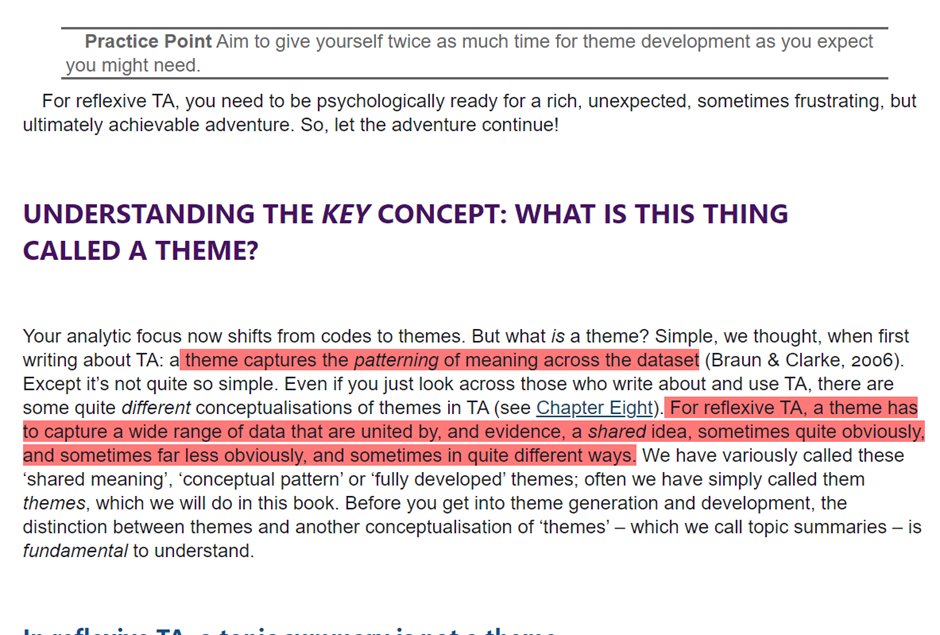Some quick notes for myself before I visit the See Yup Temple in South Melbourne with a group of family historians this afternoon.
#chinozhist
1/
#chinozhist
1/

On my mother's side, we are descendents of goldrush-era Chinese immigrants to Australia. There were three brothers who were involved in the Beechworth mines possibly from as early as the 1860s. Their names were 黄世彦, 黄世圖 and 黄世祚. familysearch.org/ark:/61903/3:1…
2/
2/

Wong Shi Hoo is my great grandfather - my maternal grandmother's father. He was naturalised and became a British subject in 1885. recordsearch.naa.gov.au/scripts/AutoSe…
3/
3/

Wong Shi Hoo died on 3 Feb 1908 in Melbourne. Interestingly he has a very auspicious registration number of 3888.
‘Death Registration Wong Shi Hoo Victoria 2806/1908’, 3 February 1908. my.rio.bdm.vic.gov.au/efamily-histor….
I recall seeing a photograph of his tablet at the temple.
4/
‘Death Registration Wong Shi Hoo Victoria 2806/1908’, 3 February 1908. my.rio.bdm.vic.gov.au/efamily-histor….
I recall seeing a photograph of his tablet at the temple.
4/

His brother, Wong Shi Too, died in 1901. He also has a tablet at the temple.
‘Death Registration Wong Shi Too Victoria 2745/1901’, 24 February 1901. my.rio.bdm.vic.gov.au/efamily-histor….
5/
‘Death Registration Wong Shi Too Victoria 2745/1901’, 24 February 1901. my.rio.bdm.vic.gov.au/efamily-histor….
5/

Shi Too's will is at @PRO_Vic. It was drafted by Australia's first Chinese barrister, William Ah Ket.
Public Record Office Victoria. ‘Will of Wong Shi Too Victoria 85/083 VPRS 7591; P0002; 340’. corporateName: Public Record Office Victoria, 1901. access.prov.vic.gov.au/public/compone…
6/
Public Record Office Victoria. ‘Will of Wong Shi Too Victoria 85/083 VPRS 7591; P0002; 340’. corporateName: Public Record Office Victoria, 1901. access.prov.vic.gov.au/public/compone…
6/

The most famous brother however is Wong Shi Geen. He was the president of the See Yup Society. Here's a picture of him courtesy of @TroveAustralia. trove.nla.gov.au/newspaper/arti…
7/
7/

Wong Shi Geen was a Chinese civil rights activist who campaigned against the #whiteaustralia policy.
This via @Library_Vic.
‘Chinese Remonstrance to the Parliament and People of Victoria’. Melbourne, 1888. handle.slv.vic.gov.au/10381/107652.
8/
This via @Library_Vic.
‘Chinese Remonstrance to the Parliament and People of Victoria’. Melbourne, 1888. handle.slv.vic.gov.au/10381/107652.
8/

Wong Shi Geen, according to this writer in The Bulletin (again via @TroveAustralia) was "Melbourne's best-known Chinese merchant".
Got to love the sneering tone to the article too.🤨
nla.gov.au/nla.obj-690529…
9/
Got to love the sneering tone to the article too.🤨
nla.gov.au/nla.obj-690529…
9/

So let's see what happens this afternoon when I go to visit the temple with the kids.
10/10
10/10
@threadreaderapp unroll
• • •
Missing some Tweet in this thread? You can try to
force a refresh











